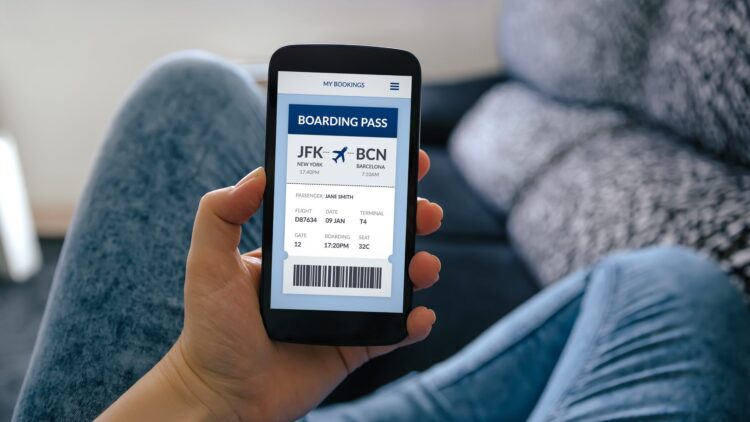Airport travel is quite stressful. Remembering to pack everything, not just essentials but also passports, downloading boarding passes, checking electronics… it is all a hassle that does not seem to get better, but now the International Civil Aviation Organisation (ICAO) has decided to get involved and try to make the situation better for travelers introducing what they are calling “digital travel credentials”.
This new way of travelling could be better for those who do it often, after all there is nothing worse than being on the way to the airport or already there and discovering that you do not have your passport with you and you cannot fly. Having a way to store this information and have it be valid worldwide would be a game changer for so many people. But, how would this work?
How the new “digital travel credentials” would work
Well, since we are all practically surgically attached to out phones, the most logical place to store these new “digital travel credentials” would be to store them in it. That way they could be verified before even leaving the house, saving time and stress once at the airport.
This would just be one more step in the digitalization of air travel, as we download our boarding passes and check in online ahead of time so that we do not have to spend any more time at the airport than strictly necessary. This new “digital travel credentials” would be a sort of “journey pass” that would be downloaded when the person books their flight. Once downloaded it would then automatically be updated with any changes in seating, schedule or departure gate relevant to the passenger, letting them know as soon as possible about any inconveniences so that they can adapt.
Airlines will receive confirmation that a traveller plans to board their flight after a facial scan is completed at the airport. Passengers checking in luggage will have their identity verified at designated bag-drop stations, while those traveling with only carry-on bags will go through facial recognition at pre-security checkpoints ahead of boarding.
This change is exciting for the industry as a whole as it is presented as an evolution of air travel, which has stayed largely the same since the implementation of the TSA. Valérie Viale, director of product management at Amadeus, the world’s largest travel technology company excitedly told the Times about her excitement with the change “Many airline systems haven’t changed for more than 50 years because everything has to be consistent across the industry and interoperable. The last upgrade of great scale was the adoption of e-ticketing in the early 2000s. The industry has now decided it’s time to upgrade to modern systems that are more like what Amazon would use.”
Currently, airlines such as British Airways, Air France-KLM, Finnair, and Saudia are exploring the adoption of this emerging technology. British Airways noted that its range of digital tools is designed to meet the expectations of today’s tech-savvy passengers as it would be a “suite of digital experience tools” that would “anticipate the needs of modern, digital travellers, providing them with exceptional experiences across their journey.”
But for those who are excited, it is best to temper the expectations at east for now, since the technology will not be anywhere ready to be used for at least two to three years, and many industry experts are even weary of this timeline since it does sound fairly tight and not really in line with cybersecurity concerns. Having said that, technology is here to stay, and even if this idea does not come to fruition, it could set the base for some new idea that would make this form of travel a bit more convenient for airline travellers.

